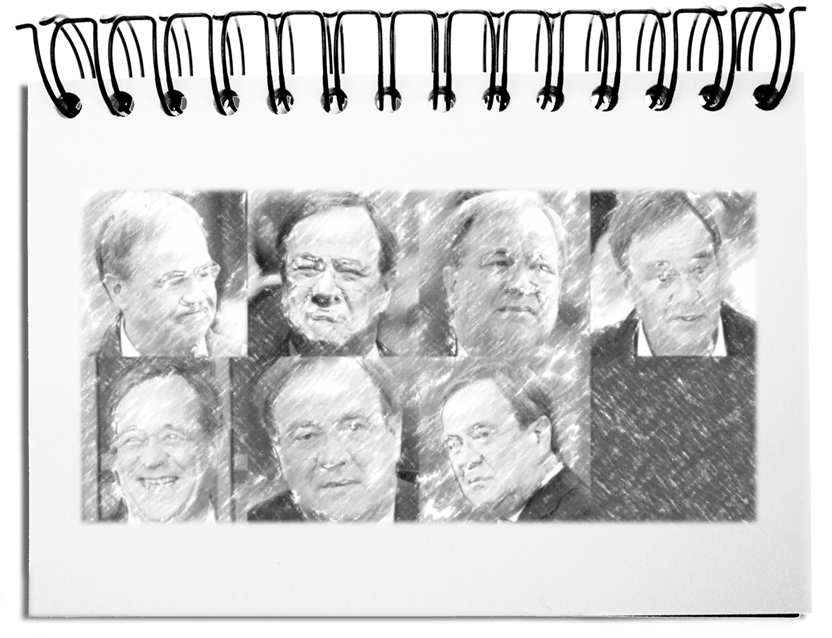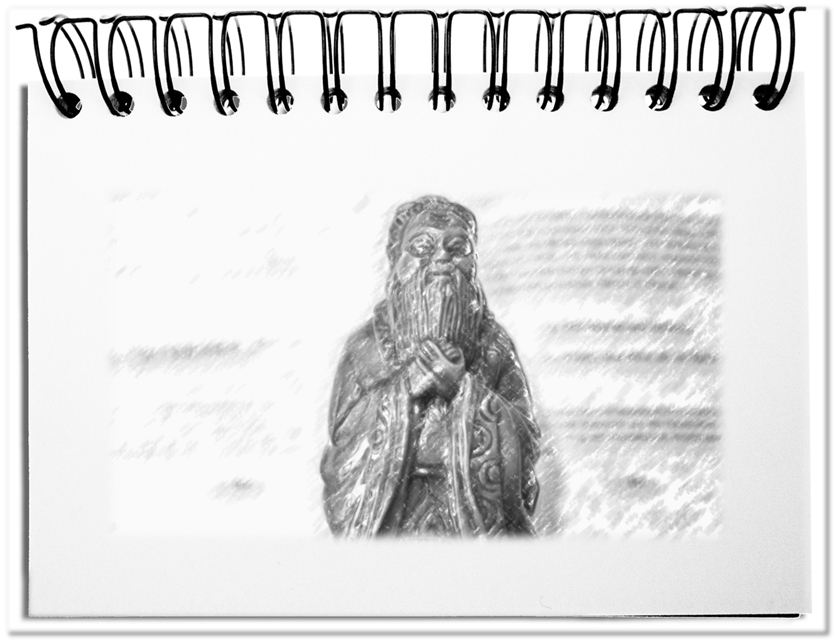Latest at election time, politicians move into the spotlight. Now parties introduce themselves to the voters with their agendas and candidates. So that electorates don’t get upset after the election by false promises, beforehand as few promises as possible are made. However, one factor becomes reliably visible before voting – the body language of the candidates. Facial expressions, in particular, reveal the person behind the political facade. Mimic art is hard to control. The exceptions are actors and politicians.
Paul Ekman has described the emotions with general criteria, the Facial Action Coding System. With the FACS, we can recognize the facial expressions of the seven basic emotions – anger, contempt, disgust, fear, happiness, sadness, and surprise. The feelings that are the most obvious are debunking. However, we do not understand these expressions until we know the reasons.
- Anger
arises when unjust, threatening, or obstructive circumstances happen. They disappoint, discourage people, and trigger stress hormones. As a result, the heartbeat and the blood pressure rise. The eyebrows are drawn together. The eyelids tighten, and the upper lid raises. The lips are pressed together.
As soon as someone is angry, the situation should be calmed down. You can react in a friendly way, separate the problem from people, and identify the cause of the anger (Question: What makes you angry?). - Disgust
exists because something makes you sick or is rejected. This reflex leads to physical reactions such as cramps in the digestive tract and nausea. Accordingly, the nose is wrinkled, the upper lip and the chin are raised, and the corners of the mouth and cheeks are lowered. Disgust is a learned reflex that protects us from inedible food. Sometimes it is transferred to circumstances that repel one so strongly that the body reacts unconsciously.
The cause should be removed and the focus diverted to counter disgust. Identify the reasons for the aversion (Question: What bothers you?) and redirect the attention in another direction. - Fear
occurs when someone feels threatened. It happens because of a vague feeling, fear of something, in a dangerous situation, or because of a chronic mental illness. Fear is a physical response to a threatening situation that has ensured survival since the early stages of evolution. Humans become more aware of the environment. The heart rate rises. Breathing becomes shallower and quickens. Digestion is inhibited, and nausea and dizziness occur. The eyes widen. The eyelids and lips tighten. The eyebrows are raised and tighten. The jaw drops and the corners of the mouth are drawn outward. The gaze settles frozen on the threat.
People can prepare for scary circumstances by deliberately exposing themselves to them: Petting dogs, riding elevators, speaking in front of people. In a threatening situation, calm breathing and prepared thinking or imperceptibly uttering your magical formulas help – „I-can-Like-always-Now“. As soon as you notice fear, interrupt the ongoing action. Reassure the person – „It’s okay – We’ll take a break – Deep breaths in and out.“ - Surprises
appear out of nowhere. Due to unexpected events, intense feelings, or other unforeseen perceptions, spontaneous behavior and exclamations are triggered. The respective temper, the current mood and attentiveness have a strong influence on it. Our injured convictions lead to (un)pleasant feelings as far as fears. The eyes open wide, the eyebrows raise and the jaw drops.
As soon as someone reacts dumbfounded, it is advisable to find out which mental models have been violated. A negative response indicates injured values. Positive feedback points to preferences and needs that, once understood, can contribute to a conducive anchoring of circumstances. - Happiness
occurs when something pleasant or beneficial happens or is remembered. The raised corners of the mouth and cheeks and narrowed eyes are clear signals of „public“ happiness. „Non-public“ pleasure is recognized by a relaxed facial expression.
As soon as someone is happy, this has a stimulating effect on those around. In The Secret, the Law of Attraction is used to describe how a joyful attitude results in better interpersonal relationships, health, and other effects in our lives. Typically, happiness does not require a response. However, if someone does not respond appropriately to events, you should determine the reasons – a joke usually creates laughter or at least a smile. - Sadness
is caused by undesirable circumstances such as death, illness, and unfulfilled desires. Contracted, centric wrinkles between the eyebrows, drooping corners of the mouth, a slightly raised chin, shallow breathing, and an inward gaze are indicators.
As soon as you notice sadness, leave it to the mourners to act out their feelings. They need time to go through the stages of despair (e.g., shock, controlling emotions, withdrawal, coping, and acceptance of fate). Show reserved compassion with attentiveness and sympathy. - Contempt
arises when persons, groups, or institutions violate (un)conscious beliefs. This leads to disregard, reject, or aggressively degrade the addressees. It works top-down and vice versa. The disdain becomes visible in drooping eyelids, a fixed gaze, and otherwise one-sided facial expressions: lips raised, corner of the mouth dropped and pressed inwards, cheek slightly raised.
The target of the contempt is not immediately apparent. For this reason, the cause should be determined. Possibly the person condemns itself, its counterpart, someone else, or a previous incident. Avoid unconsciously mirroring this feeling. Remain friendly, do not respond to personal accusations, and find out the reason for the contempt (Question: What bothers you?).
Bottom line: Body language is direct access to the state of mind of people. Even though some actors can consciously express certain emotions, small signals cannot be intentionally influenced. We can recognize anger, disgust, fear, surprise, happiness, sadness, and contempt. However, we still do not know what the reasons for these emotions are. In elections, it is difficult to get to the bottom of the inner life of the candidates. Politicians are prepared to create a specific impression. Interviews are debunking in these cases – especially when questioners ask awkward questions and reveal unwanted feelings. The most apparent poses are especially unmasking because they reveal essential traits of the person. In the end, the eye also votes.


